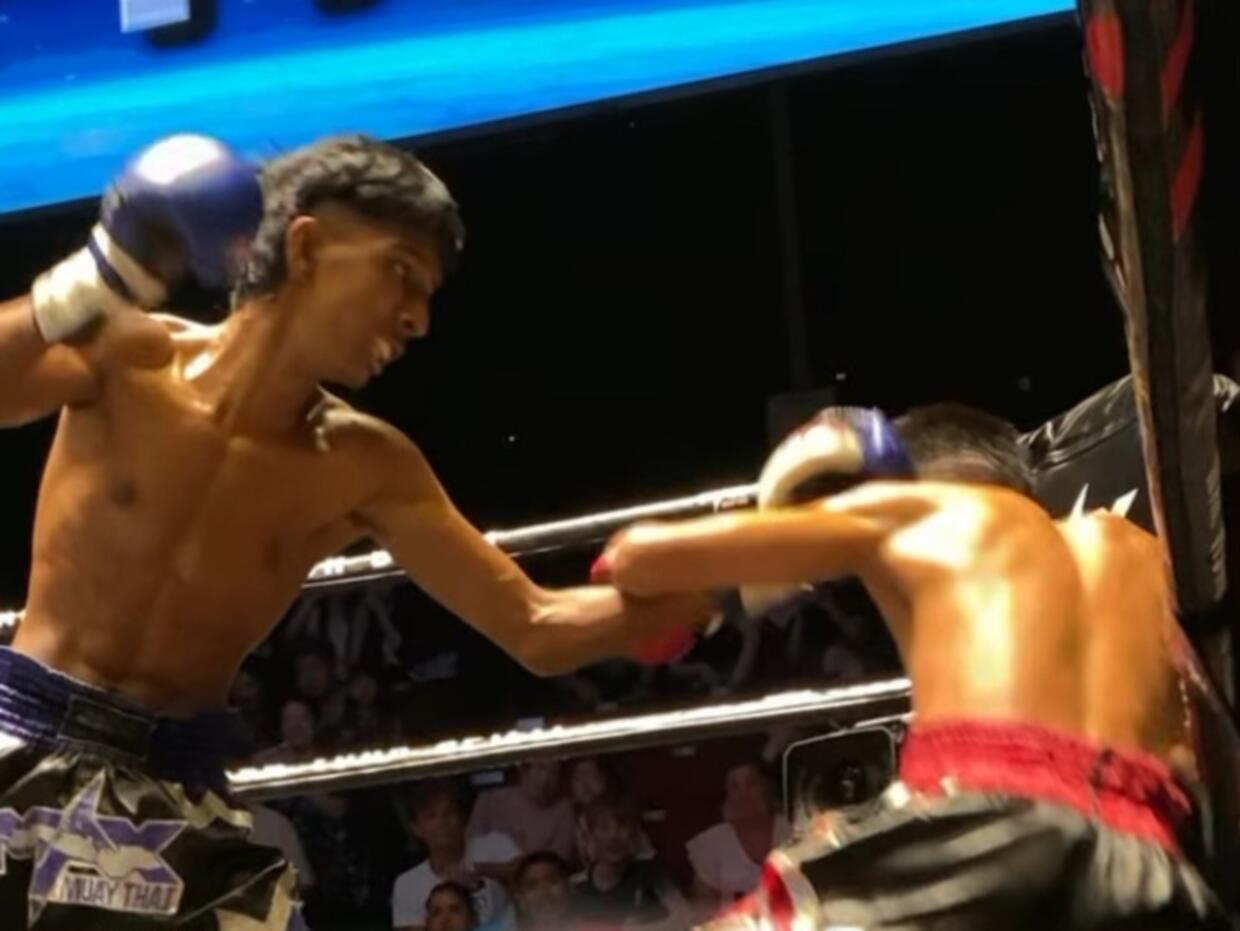Leading Kollywood actor Kamal Haasan and film director K. S. Ravikumar have debunked a belief that excessive violent scenes in Tamil movies had a bearing on violent acts committed by Indian youths in Malaysia.
They vehemently disagreed with some Indian-based political parties and non-governmental organisations in the country that such a link existed, dismissing it as a wrong perception.
Kamal (left) and Ravikumar (Right)
According to Kamal, what was featured in Tamil movies was a general reflection of what happened in society.
“Violent conduct is widely reported on the daily life of the people in Tamal Nadu, particularly in rural areas, and we, via the movies, attempt to highlight the social problems,” he said in an exclusive interview with Bernama here.
Kamal, 56, and the crew of his latest movie, ‘Manmadhan Ambu’, made a one-day stopover in Malaysia and boarded cruise ship Virgo at Glenn Cruise Terminal, Pulau Indah here, heading to Singapore to attend the grand audio launch of the movie which is expected to be released late next month.
“It’s our obligation and responsiblity as key players of the industry in higlighting the matter, and we will continue to do it,” said Kamal, who has won several Indian film awards.
After making his debut in 1960 as a child artist in ‘Kalathoor Kannammaa’, he went on to star in more than 150 movies, in almost all the major Indian languages such as Tamil, Hindi, Telugu, Kannada and Malayalam.
Kamal further defended Kollywood movie producers by saying that Tamil movies were “mirrors” which reflected incidents, occurences and behavioural patterns of people going about their daily life.
“It’s like a mirror which reflects on the plus and minus points of each one of us. It’s up to them to correct themselves by adjusting themselves while looking at the mirror…it’s as simple as that,” he said casually.
On a serious note, Kamal said violent conduct was an international phenomenon and not confined to a particular community or country, adding that actors like him and directors were not portraying non-existent violence.
His advice to youths? Kamal said he was not in favour of giving advice to anyone for, as a youth before, he did not appreciate such advice.
“Rather than advising them, they should be encouraged to adopt the lifestyles of successful people, such as Mahatma Ghandhi, who himself had said his life itself was a message to the people.
Asked on the possiblity of talented Malaysians being given opportunities to appear in his movies, Kamal said: “Definitely”.
He said the matter was even discussed during Prime Minister Datuk Seri Najib Tun Razak’s visit to Tamil Nadu early this year.
“We had discussion over the matter but so far, no significant progress has been made. But I can give my word that talented Malaysians will definitely be featured in my movies,” he stressed.
In April, Kamal had a discussion with the National Film Development Corporation Malaysia here to explore ways for both countries to cooperate in producing films in the near future.
Meanwhile, Ravikumar, who is directing Kamal’s latest movie, said those blaming Tamil movies for violent conduct of some youths in Malaysia, were ignorant.
“There are so many factors to this social problem and blaming the movies is something really wrong,” he said, noting that movies from the US and South Korea, in particular, depicted far more excessive violent scenes.
“For me, these people are getting their facts wrong…every individual has a perception on these matters. Violent scenes in Tamil movies are still at acceptable level,” added Ravikumar.
He advised moviegoers to look at the “beauty” (positive aspects) of the movie in totality, rather than just picking on the negative elements.
“People like me, have a social responsiblity in moulding our society, especially our youths, irrespective whether they are in India or other parts of the world.
“Therefore, youths should take the positive aspect of each movie,” said the much-acclaimed movie director.
– Bernama












